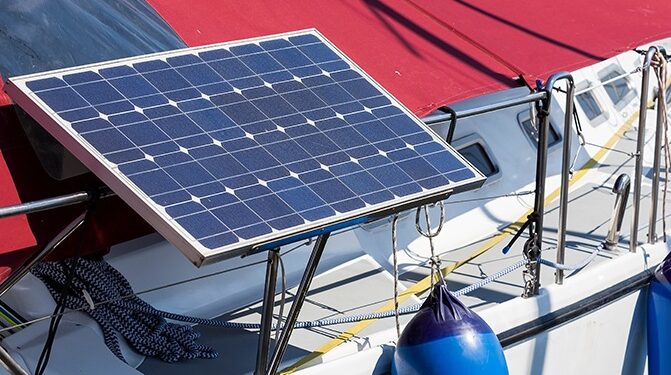A new initiative combining sustainable development, international cooperation and support for craft fishermen has just been created in the Gulf of Gabès.
The United Kingdom Embassy in Tunisia, in partnership with the WWF United Kingdom and WWF North Africa, launched an innovative project on Wednesday aimed at equipping craft fishing boats with solar energy electric motors.
Called “decarbonization of artisanal fishing in Tunisia: promoting clean energy for sustainable coastal communities”, this program will spread over 12 months and aims to significantly reduce the carbon footprint of fishing activities while improving the socio-economic conditions of fishermen.
By replacing combustion engines with solar solutions, the project intends to limit fuel consumption, greenhouse gas emissions and sound pollution, while reducing operating costs.
Strategic support from the Tunisian authorities, in particular the ministries of agriculture and energy, guarantees the alignment of the project with national priorities in terms of energy transition and sustainable management of fishery resources.
Funded up to 255,000 pounds Sterling (approximately one million Tunisian dinars) by the British government, the project will be implemented in collaboration with several institutional actors: the ANME, APIA, local fishing cooperatives, solar equipment suppliers and financial institutions.
In addition to its ecological objectives, the initiative also aims to promote gender equality, encourage local innovation and build inclusive and resilient coastal communities. The results and lessons learned from this pilot project will be shared in order to open the way to a national or even regional extension.
One more step towards cleaner and more sustainable fishing, in a crucial sector for thousands of Tunisian families living in the sea.








